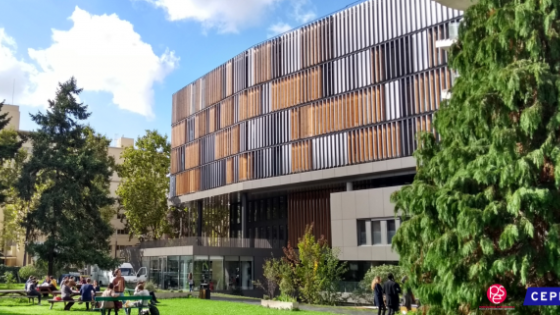DP17284 College, cognitive ability, and socioeconomic disadvantage: policy lessons from the UK in 1960-2004
University access has significantly expanded in OECD countries over recent decades and further growth figures prominently in political agendas. This paper studies possible consequences of historical and future expansions in a stochastic, general equilibrium Roy model where tertiary educational attainment is determined by cognitive ability and socioeconomic disadvantage. In our analysis, individual productivity depends not only on education but also directly on cognitive ability. The expansion of university access in the UK, which started in the 1960s, provides an ideal case study to draw lessons for the future. We find that this expansion led to the selection into college of progressively less talented students from advantaged backgrounds and to a flat college wage premium over time, despite education-biased technological change. The implemented policy failed to reach existing high-ability, disadvantaged students, while counterfactual meritocratic policies would have achieved that goal.


